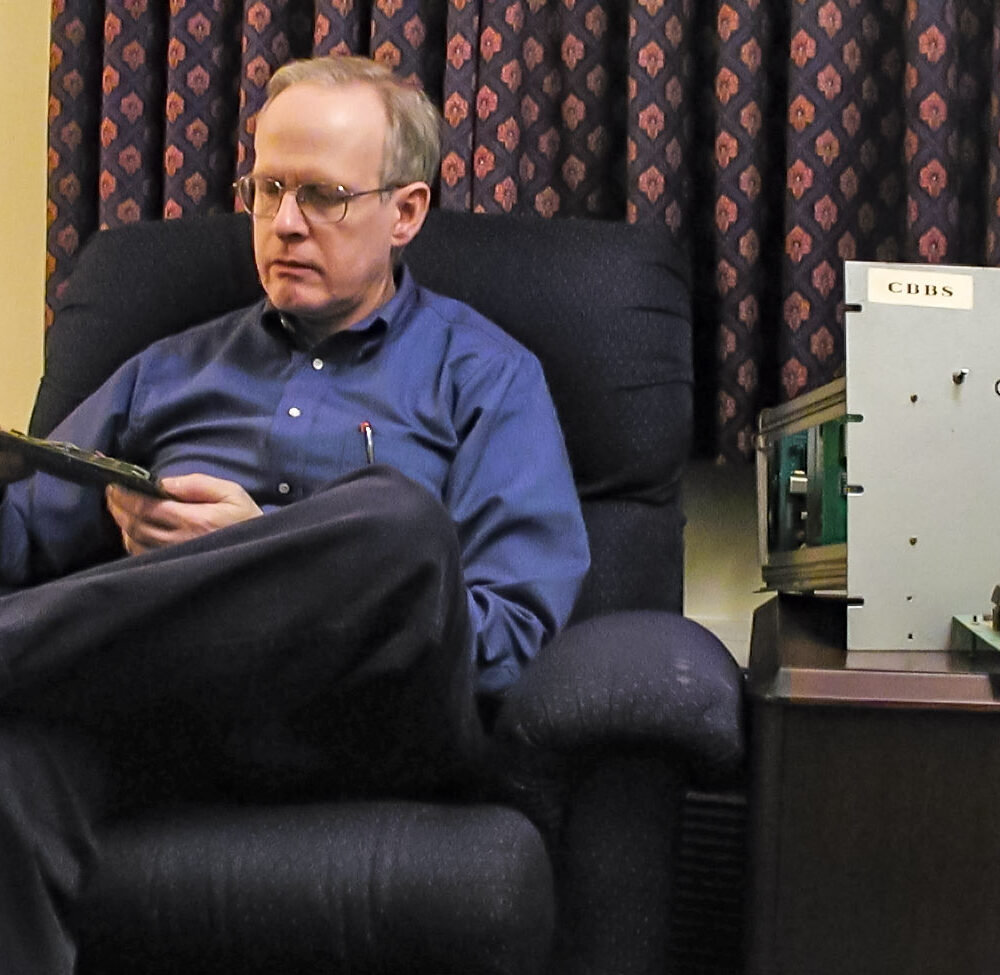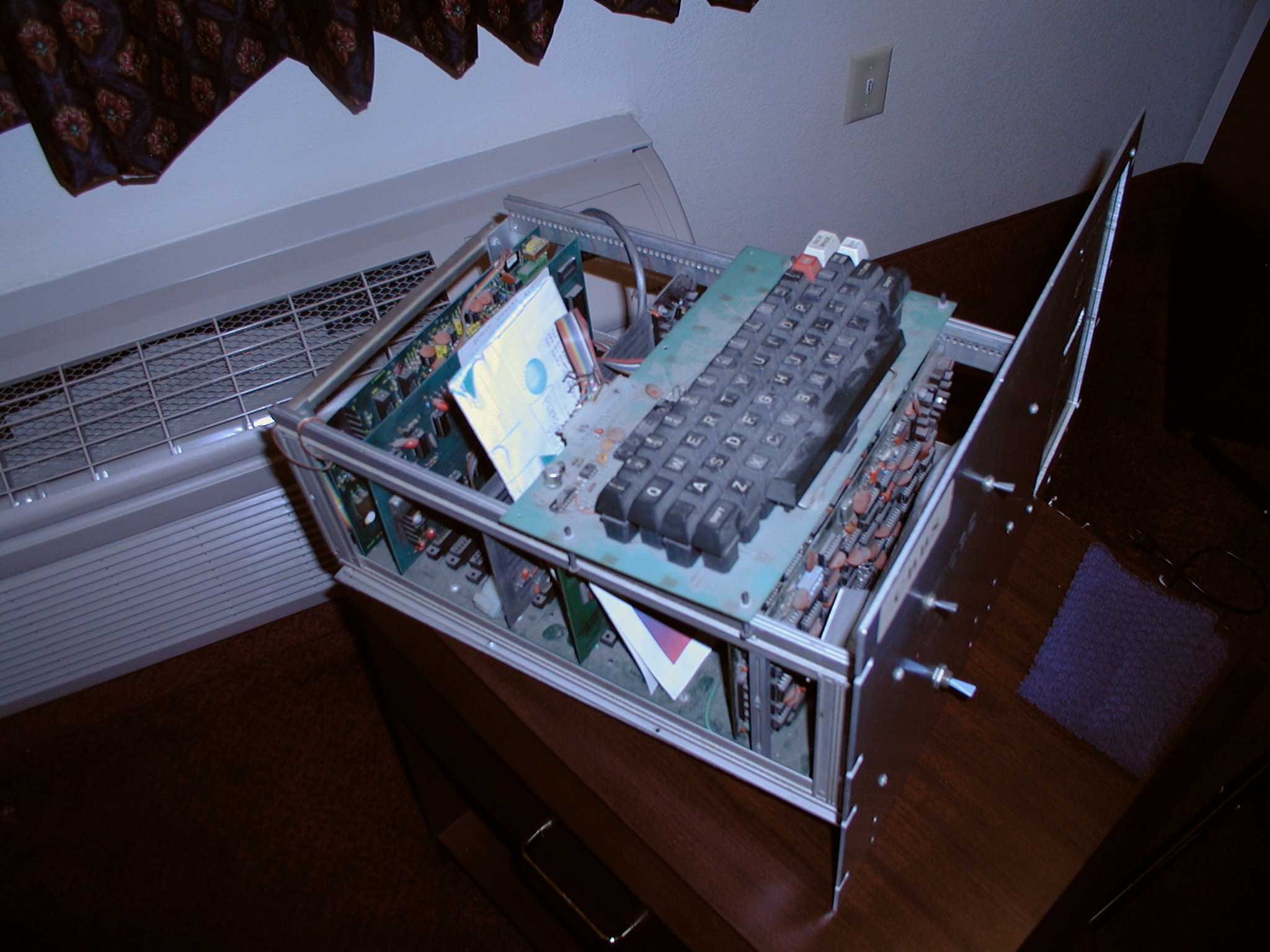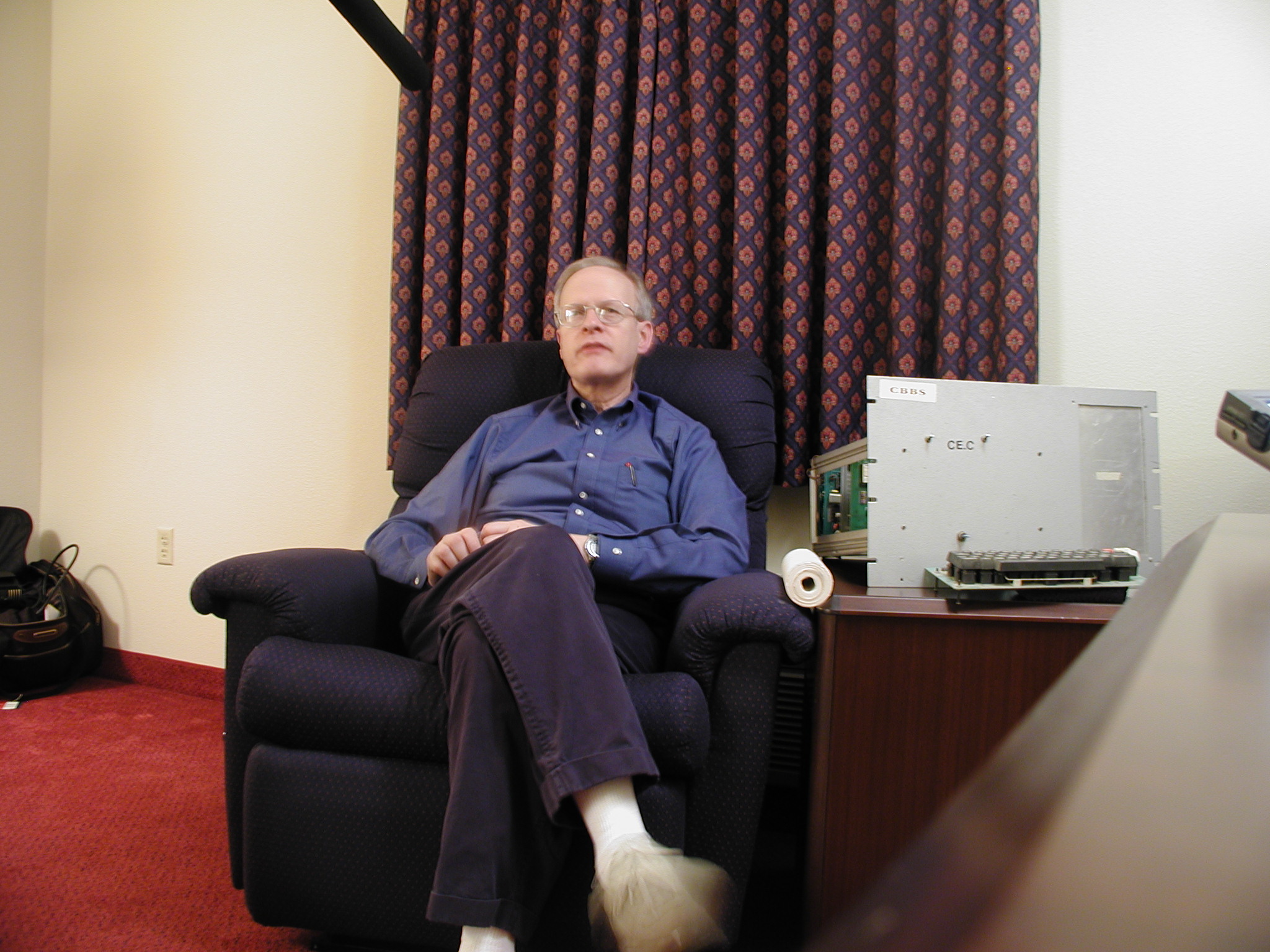Ward Christensen, co-inventor of the computer bulletin board system (BBS), has died at age 78 in Rolling Meadows, Illinois. He was found deceased at his home on Friday after friends requested a wellness check. Christensen, along with Randy Suess, created the first BBS in Chicago in 1978, leading to an important cultural era of digital community-building that presaged much of our online world today.
In the 1980s and 1990s, BBSes introduced many home computer users to multiplayer online gaming, message boards, and online community building in an era before the Internet became widely available to people outside of science and academia. It also gave rise to the shareware gaming scene that led to companies like Epic Games today.
Friends and associates remember Christensen as humble and unassuming, a quiet innovator who never sought the spotlight for his groundbreaking work. Despite creating one of the foundational technologies of the digital age, Christensen maintained a low profile throughout his life, content with his long-standing career at IBM and showing no bitterness or sense of missed opportunity as the Internet age dawned.
"Ward was the quietest, pleasantest, gentlest dude," said BBS: The Documentary creator Jason Scott in a conversation with Ars Technica. Scott documented Christensen's work extensively in a 2002 interview for that project. "He was exactly like he looks in his pictures," he said, "like a groundskeeper who quietly tends the yard."
Tech veteran Lauren Weinstein initially announced news of Christensen's passing on Sunday, and a close friend of Christensen's confirmed to Ars that Christensen likely died at his house overnight between October 10 and October 11. Friends called Police for a wellness check for Christensen on Friday when they had not heard from him as usual. The cause of death has not yet been announced.






 Loading comments...
Loading comments...

Both Ward and Randy were always willing to help out CACHE members at the meetings. To them there were no stupid questions, as everyone was learning about what these new microcomputers could be used for.
RIP.
As a child of Silicon Valley in the 1970s-1980s, I cannot begin to express how formulative those BBSes were to my development. I had met my first girlfriend on a BBS. They fostered online communities, often local in nature, which meant things like meet-ups and pizza parties.
Later on, that particular BBS morphed from a social setting into a business, and I got my first job right out of high school working for its sysop. Although the first day of work was didn't go great, I didn't get fired, either. And one day I took over the BBS as its sysop. The original motherboard is sitting in my basement, even.
While others have explained what BBSes meant to them and allowed them to become, it's important to remember they weren't purely social sites, either. It is difficult to stress just how important BBSes were to early computer companies. They were something akin to the web servers that powered the dot-com boom. BBSes meant software that could be downloaded and installed, technical support without having to wait on the phone in a hold queue, and so much more.
John McAfee was one of the pioneers who distributed his software almost exclusively online (BBSes, walled-garden online services like CompuServe, and the nascent pre-web Internet) and marketed it using a shareware subscription model. It quickly became a success: At one point, Mr. McAfee calculated that each modem line he added to the BBS translated directly into an additional $50,000 in sales, and that figure eventually doubled before ISPs and the web took off.
None of that would have been possible without Mr. Christensen's groundbreaking invention.
Regards,
Aryeh Goretsky